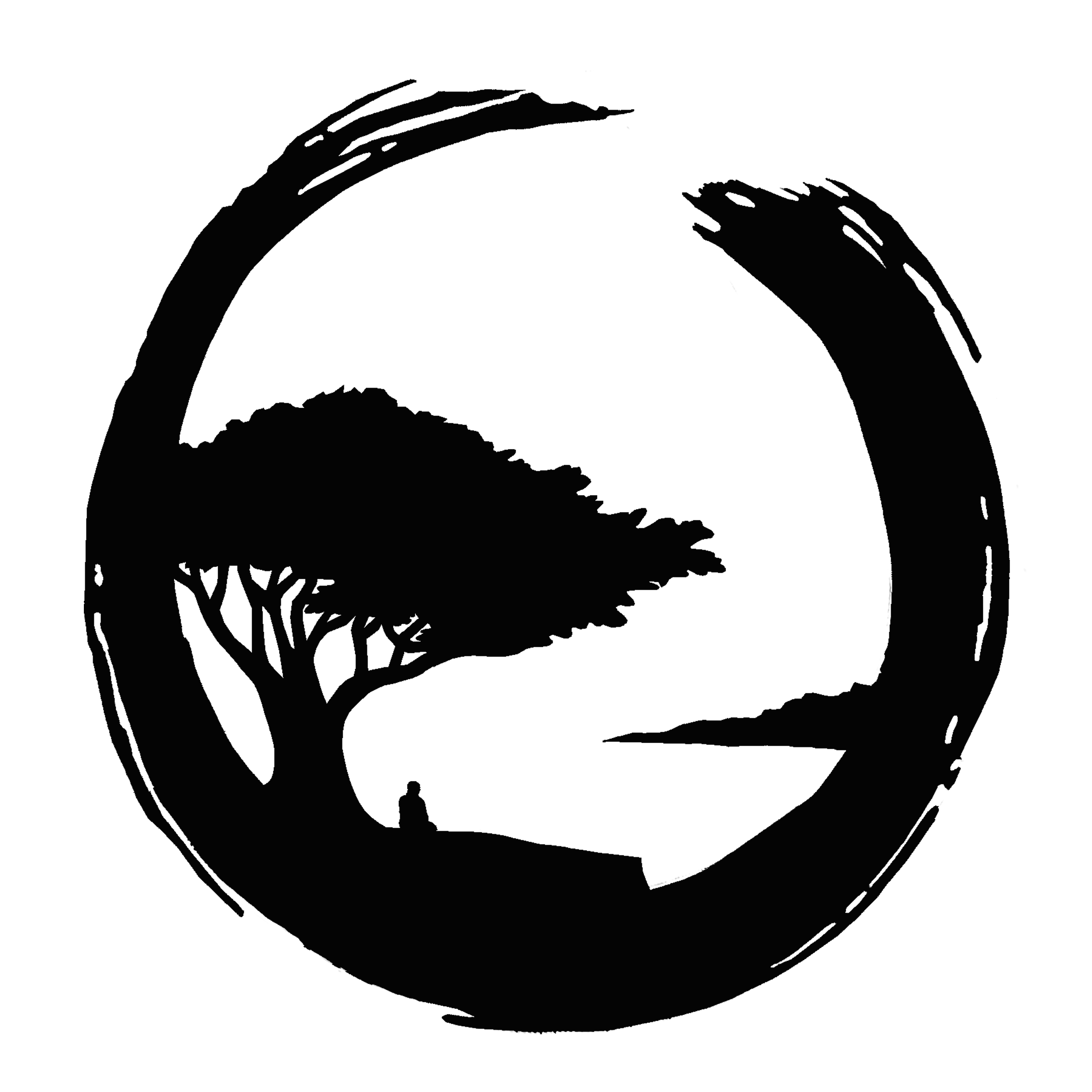Tenzo Kyokun: Practicing in a Pandemic
Fourth day of Shelter-in-Place in Monterey County. There was rain early today and hills are leafy and green with new grass. Neighborhoods typically swarmed with kids on bikes have gone eerily still. From the street dusted with pollen, I converse with neighbors and friends walking their dogs and shout-out reports and information about the pandemic from twenty feet away. Crows seem unusually silent. Yesterday, I passed groups of teenagers blithely clustering on the beach to surf and sun themselves. Running with the dog, I created a large swath and pass swiftly.
I wake up and check emails from friends and relatives, looking for news, reports and inspiration. News often comes, inspiration does not. Different clusters of friends have meetings online or sit meditation together. Between working online, reading and running, I visit grocery stores and stock-up on things I never thought I’d need: Indian and Italian frozen soups, large bags of Navy beans, rubber gloves and Witch Hazel, all the while questioning the reasoning of the purchases. Despite the empty shelves, you cannot really outmaneuver faltering systems of supply and demand. At some point, things will be missing from store aisles.
At the same time, decorum, decency and civic duty are also becoming sought-after commodities in this season. The pandemic reveals our decency—and lack of it. Instead of binge shopping, not hoarding and remaining cloistered have become an aspect of civility and an enactment of decency.
I’m reading, among other authors, Dogen Zenji with the intention of sifting something tangible against the overwhelming noise of the media. With no personal experience to guide us, the works of literature, including Dogen, seem a worthy source of understanding and meaning. The text I’m reading today was written in 1237, roughly six years after the devastating Kangi famine, which reportedly killed 2 million in Japan.
Dogen’s short text Tenzo Kyokun (Instructions to the Cook), was part of the Eihei Shingi, but is less philosophical and lofty than other fascicles. Focusing on monastic practice in a more practical approach, on one level the text is the equivalent of a Zen monk’s guide to the kitchen. But it also contains a reasoning useful during a catastrophe--in how we meet people, places and things. The text addresses everything in our life with the understanding that people, places and things are elements to learn from and draw upon. That include pandemics.
You already have everything you need
The first principle in this cookbook is that we already have everything we need. We have all the ingredients to create the supreme meal—in the kitchen and in our life. Nothing is left out. Everything is here already. Even if we think something is lacking.
From ancient times, the position has been assigned to senior monks who have the way-seeking mind -- eminent persons who have aroused the thought of awakening. In general, the job of cook is an all-consuming pursuit of the way. If one lacks the way-seeking mind, it will be nothing but a vain struggle and hardship, without benefit in the end. The Rules of Purity for Chan
Monasteries says, "One should maintain a way-seeking mind, make adjustments in accord with the occasion, and see to it that the great assembly receives what is necessary and is at ease.
This is very sound advice—for cooks and participants of pandemics. The job of tenzo is to align themselves in pursuit of the way. The tenzo is flexible, open minded and can make adjustments according to changing conditions and supplies. The tenzo sees what the assembly needs and proceeds accordingly. By taking care of the guests, putting them at ease, the tenzo is paradoxically taking care of all being and herself. (To be continued).
